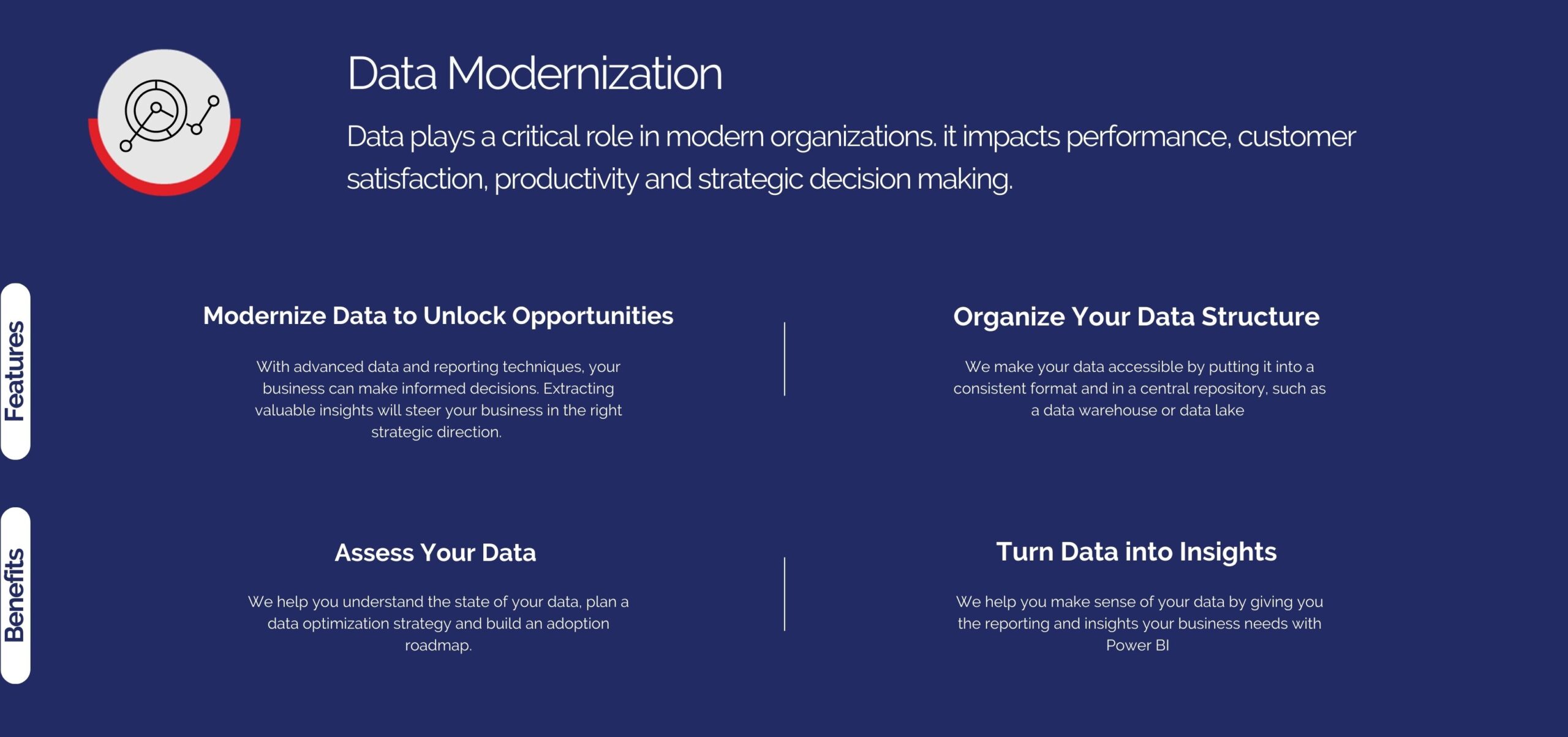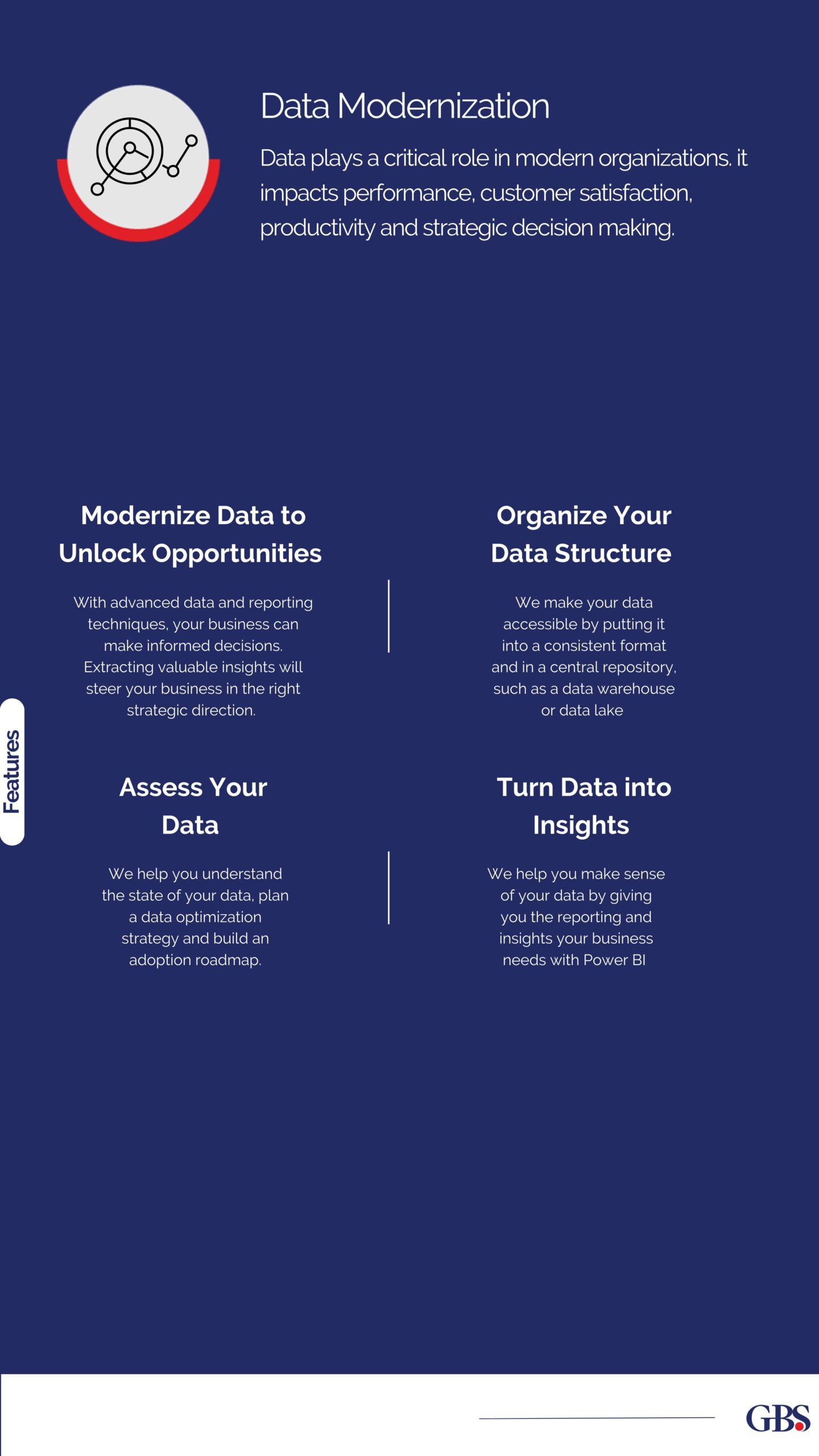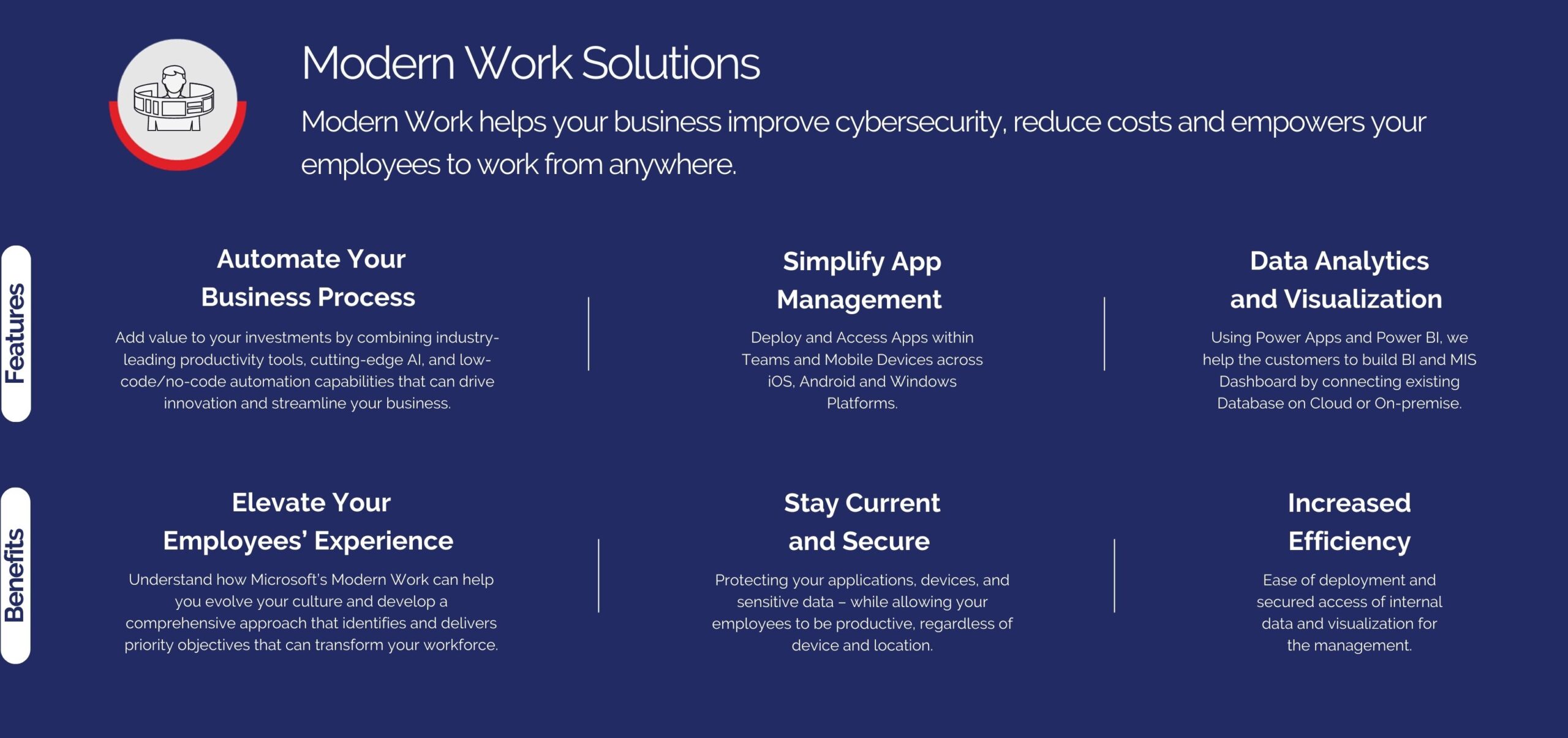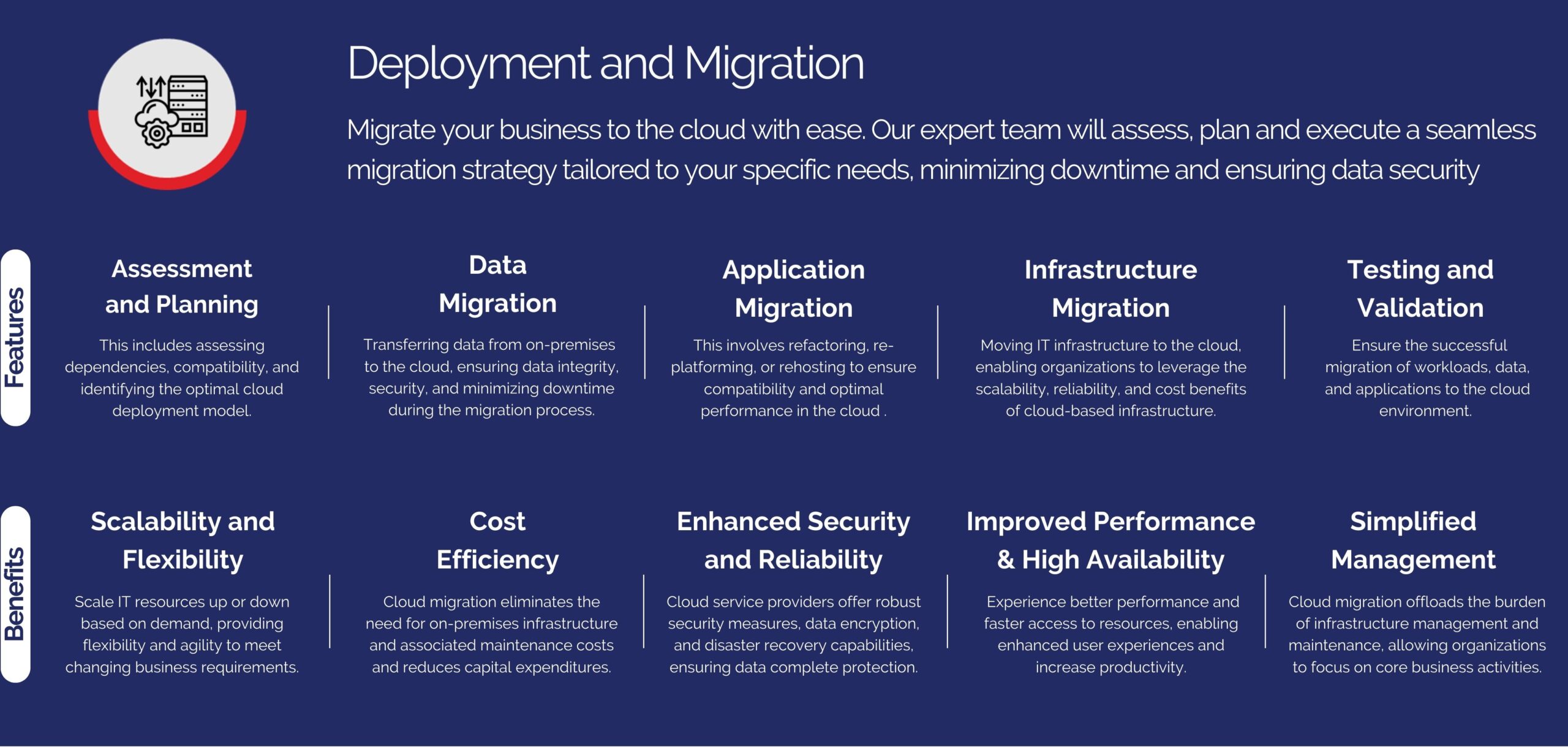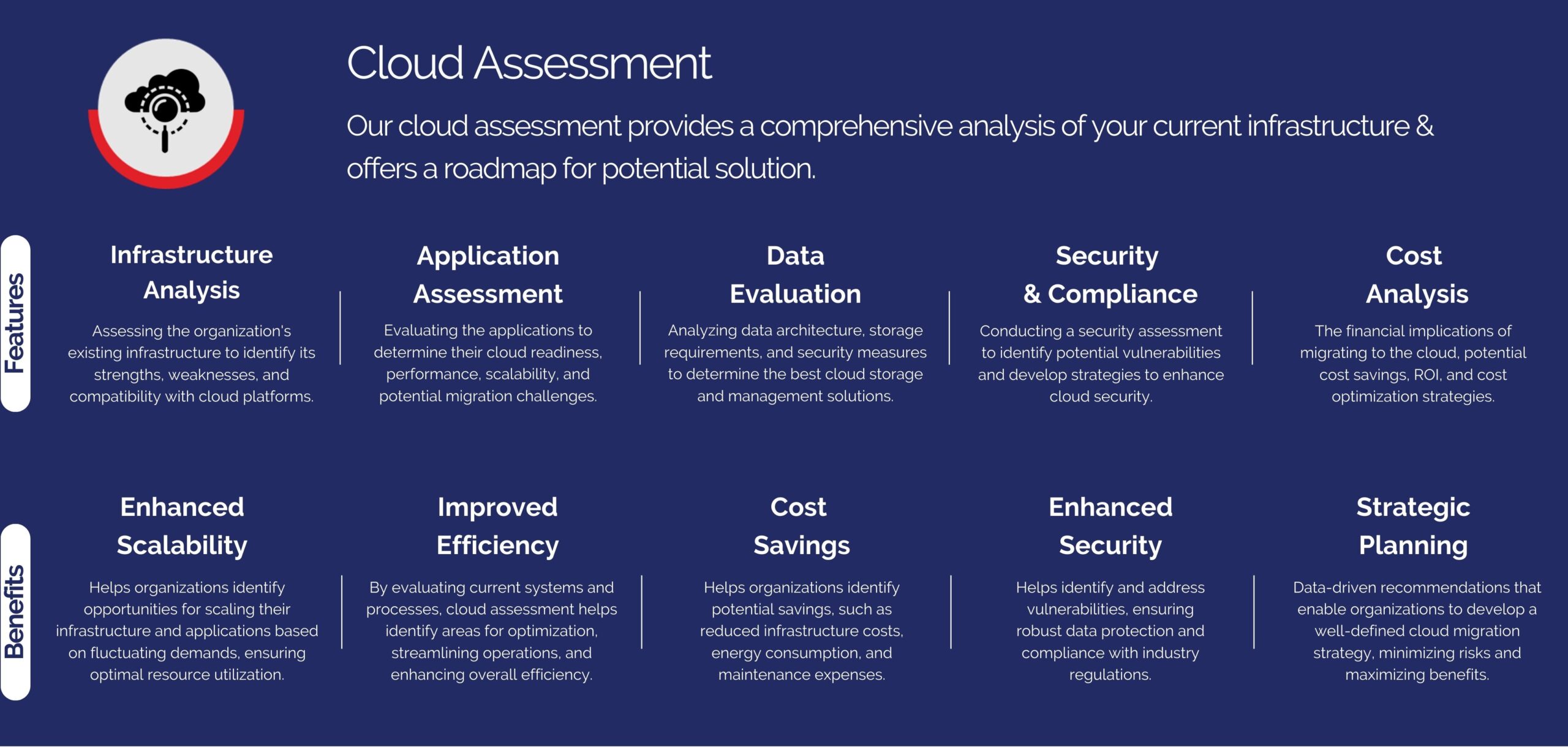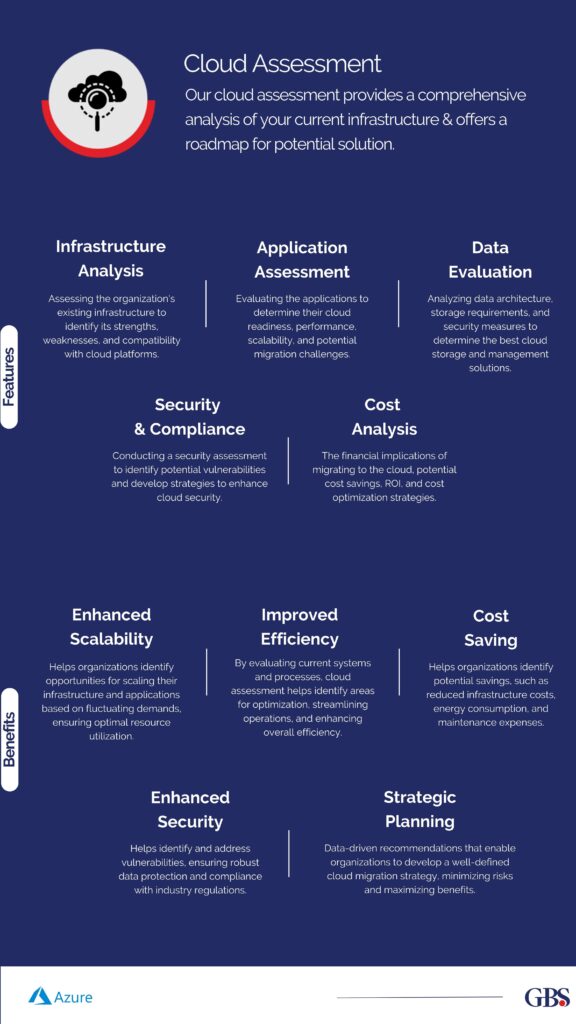The Ultimate Guide to Email Security!

In the 21st century, many of us are familiar with buzzing terms like Email marketing and Company Email, which have become crucial for business, marketing, and personal communication. Currently, about 4.5 billion people use email in the world. However, as more and more people use it, there’s also a rise in security risks.
Nowadays, email security is super important, so you should know the latest threats. Phishing, fake attachments, breaking the rules, and spam can mess up your emails. No matter if you’re a boss, a team leader, or just someone who wants to keep the bad people out, GBS has some great tips.
So, let’s jump in and get started!
What Is Email Security?
Email protection involves a wide range of techniques and protocols directed precisely to protecting email accounts along with the information included in every message. Whether it’s an invoice, bank statement or even personal details. However, when you get in touch with cyber security solution providers, like us, we impose restrictions on accessing email servers and mailboxes, phish accounts, malicious emails, spam filtering, and content encryption to ensure email content security so nobody can read it.
Email systems were originally not intended to come with security, leaving doors open for every cyber attack, especially when it comes to individual or firm mailboxes. This is why companies need to be approached for cybersecurity solutions, this allows them to fight against unexpected hacker attacks.
Therefore, you must take email security precautions to protect your information from data breaches, keep your personal details secure, and minimize malware, viruses, and phishing attacks. Whether you are a small or large business, it is important to incorporate the best practices of email security. This approach helps you to identify potential threats and neutralize them before they escalate, thereby enhancing overall cybersecurity.
Why is Email Security Essential?
Approximately 94% of organizations (small or large) have experienced an email security breach, while 91% lose data and 94% suffer from a phishing attack – it’s a global number. And this makes it clear that companies must-have email security services from reputable cyber security solution providers, like us.
Email security is essential for various reasons, ranging from protecting sensitive information to safeguarding against cyber threats. Whether your business falls in the public sector or private sector, you need to have email security to avoid breaches and any other risk.
In this section, we have discussed some key points that highlights the importance of email security:
-
- Confidentiality: Email security ensures that sensitive information like personal details and financial data remains private, shielding it from unauthorized access.
-
- Integrity: Without proper security, emails could be tampered with during transmission, leading to misinformation or fraud. Email security measures maintain the integrity of communications, ensuring messages remain unchanged.
-
- Authentication: Next, email security protocols like Sender Policy Framework (SPF) and DomainKeys Identified Mail (DKIM) authenticated senders and recipients, reducing the risk of phishing attacks and impersonation.
-
- Protection Against Malware: Email security solutions include antivirus scanning to prevent malicious attachments or links from compromising systems.
-
- Compliance Requirements: Strong email security efforts help organizations comply with regulations like Health Insurance Portability and Accountability Act (HIPAA), the General Data Protection Regulation (GDPR), and the Payment Card Industry Data Security Standard (PCI DSS). This helps in safeguarding sensitive data and avoiding legal consequences.
-
- Business Continuity: Email security protocols such as encryption and redundancy measures are essential. Because this ensures continuous access to communication channels, mitigating the impact of disruptions caused by security breaches.
-
- Brand Reputation: Make sure to prioritize email security – it demonstrates a commitment to protecting sensitive information and maintaining brand integrity, safeguarding trust among all the stakeholders.
-
- Prevention of Data Loss: Another concern of companies is to prevent data loss which is where email security solutions come in. It provides data loss prevention tools to prevent accidental data leaks due to human error and protect sensitive data from unauthorized transmission.
-
- Evolution of Threats: With cyber threats evolving in sophistication, staying vigilant and continuously updating email security strategies is crucial to combat emerging threats effectively. So, whether you are running a small business or a big organization – make sure that you have a keen eye on the new emerging threads.
Why Choose GBS for Cyber Security Services?
Global Business Solutions (GBS) provides comprehensive cyber protection for individuals and organizations. It combines state-of-the-art security backup, recovery and advanced email security features with essential endpoint protection capabilities. We provide a security management toolkit for centralized management and monitoring. Our solutions are designed to protect your company against all cyber threats. And we ensure to deliver tailored solutions against zero-day threats by improving the robustness and resilience of our defenses.
If you are looking for enterprise or small business cyber security solutions, reach out to us by calling at +971 4529 3916. Our team will explore all possible options to provide the best email security solutions.
9 Different Types of Email Attacks
Before delving into email security best practices, let’s delve into the various email attacks that GBS combat for you. Here are top 9 different types of email security attacks:
-
- Phishing involves attackers posing as legitimate organizations to trick victims into revealing sensitive information via fake websites or emails.
-
- Spear-phishing is the type of phishing that has been designed for individuals or corporations, usually using personal email. It is carried out via email, SMS text, or voice message.
-
- Social engineering manipulates users into compromising security or revealing sensitive information, such as emails that ask you to fill out a form and earn a coupon for your next purchase.
-
- Ransomware encrypts files or systems until a ransom is paid, often demanded in cryptocurrencies. The most dangerous one these days!
-
- Malware is malicious software designed to damage computer systems without user authorization or permission.
-
- Account takeover refers to attackers taking over legitimate email accounts from criminals to steal data or spread malware.
-
- By fixing headlines, usually, the scam tricks users into believing that emails are from trusted sources.
-
- Identity theft involves stealing personal information for fraudulent use.
-
- Corporate email hacking targets organizations to steal money and important information that is associated with different clients or customers.
8 Best Ways For Companies to Secure Their Email
According to current stats, around 40% of people believe that cyber threats will have a strong impact on the performance of their organization in 2024. That is why at GBS, we have always encouraged our clients to choose cyber security services and guide them through these eight best practices to secure their email.
1. Set Up Email Security Protocols
At GBS, we always recommend clients to implement these three protocols; Sender Policy Framework (SPF), DomainKeys Identified Mail (DKIM), and Domain-based Message Authentication, Reporting, and Conformance (DMARC). This will prevent email spoofing and phishing attacks.
2. Email Encryption
Next use end-to-end encryption to protect the contents of your emails from unauthorized access or breach. This process will ensure that only the intended recipient can read the message not by breachers.
3. Secure Your Email Attachments
The most important practice that businesses should implement is to secure email attachments, whether they are bank statements, contracts or other documents. Therefore, check email attachments for malware before opening them. Also, avoid sending sensitive information via attachments if possible. Use secure file-sharing services or encrypted links instead.
4. Add a Legal Disclaimer
Another good practice is to include a disclaimer in the footer of your email to clarify your intended recipient and protect yourself from legal liability. If you need help implementing a legal disclaimer, you can contact us.
5. Help Employees Stay Compliant
Now, the next essential step is to educate employees on email security best practices and compliance requirements, such as GDPR (General Data Protection Regulation) or HIPAA (Health Insurance Portability and Accountability Act). This will ensure they handle sensitive information appropriately with communicating via emails.
6. Adopt a Data Loss Prevention System
Also, implement a Data Loss Prevention (DLP) system to monitor and control the flow of sensitive information within your organization’s emails.
7. Enable Two Factor Authentication (2FA)
Use built-in two-factor authentication to protect your email. This requires authentication with another factor, such as a code sent to the mobile phone, in addition to the password to improve the security of the email account.
8. Update Your Operating System (OS)
Last but not least, always keep your email server and client software up to date with the latest security patches to address vulnerabilities and minimize the risk of exploitation by attackers. This is crucial for every other organization out there, whether Governmental or Private.
Conclusion: Finding the Best Email Security Solution
To find the best email security solution for your needs, it is important to evaluate the potential impact of a security breach, considering both the personal and business consequences. There are many factors to consider for effective security measures, such as human error and outdated hardware.
Consider whether you have the capacity and resources for on-premises security solutions or if outsourcing to cloud-based services is a better option. GBS also offers cloud services to improve protection with a lower investment.
Regardless of your choice, the benefits of protecting your email will far outweigh the effort involved. Combining the above recommendations can significantly reduce the risk of malicious data breaches by facilitating both inbound and outbound communications.
Curious to Learn More about the Solution? Click Here to Receive the Complete Solution Brief – Solution Brief
Follow us on social media to stay update on latest developments – Facebook & Linkedin
















